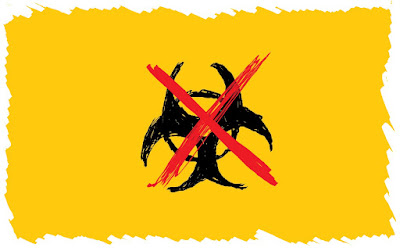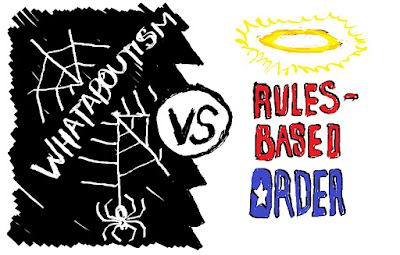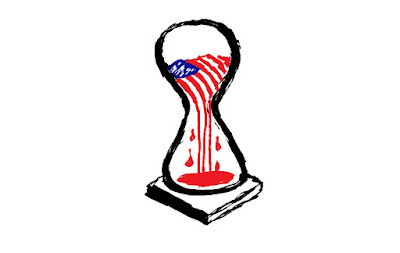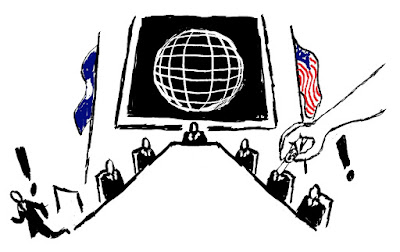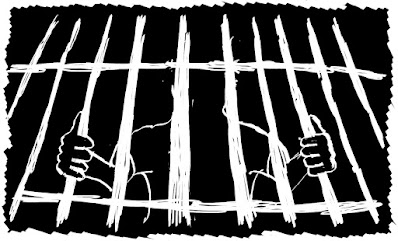Considering the agendas listed for their most recent meeting, it is noticeable that the Bilderberg forum is focusing less on the supposedly empathy-driven management of world human welfare and much more on the survival of the West. The West, meaning the narrow portion of the world whose most influential people attend these very meetings.
The new focus on ongoing conflicts like Ukraine's reveals that this group is not focused on managing the world’s economic wellbeing but the group’s own members’ desires and insecurities.
Shifting agendas away from world human welfare
If you look at the agendas from 2010 onwards, there is a certain shift from more scientific global concerns to increasingly narrow political ones, driven by a craving by the Western liberal attendees for victory and conquest over other countries and ideologies they personally disapprove of. Notice, in particular, the disappearance of the importance of climate change, formerly a key pressing issue in globalisation and a real basis for global cooperation, now abandoned by these supposedly caring leaders and experts for their preservation of their own political influence. Fear is the motive of their discussions - their own fear, not society's.
Some will begin to ask, was climate change ever real for those people? And, if it is no longer real for them, why should any of their current concerns be taken seriously outside their club? It seems that the most pressing global issues are less interesting to them than what they personally fancy or caters to their personal interests.
The same pattern is apparent at the World Economic Forum, which prioritised talking about the conflict in Ukraine, highlighting global fractures and amplifying conflict rather than maintaining the false liberal tenet of global cooperation. It is striking that the ideological principals guiding Western society just fluctuate depending on what would be satisfying to its richest and most influential individuals at the moment, getting us to scratch their itches. Globalisation and harmony one minute, national power and domination the next. Free markers one minute, state intervention the next.
'Me, me, me'
What we see here is that these forums for bigwigs, experts and public figure seem to be losing their pretence of being caring and responsible managers over global welfare, indicating this was never authentic in the first place. They are out for themselves.
What has happened can be compared with Bill Gates’ apparent obsession with conspiracy theories about himself (also see that one of the Bilderberg agendas is again "disinformation") and his need to save himself from campaigns against his character. Rather than acting like the bewildered but well-meaning philanthropist he claimed to be, and removing himself from a controversial situation, he is increasingly obsessed with defeating a political enemy, even coming into conflict with Elon Musk.
What happened to the experts who focused on the bigger picture of global society and health? Why should we care about their terror at conspiracy theorists in their own society and apparent geopolitical threats from Russia and China to their influence?
Eventually, we will begin to ask: what need do we have for a conference among individuals whose main interest is just their own avoidance of being hanged by the people? Is saving some self-important pencil necks we know very little about, from being snapped, really necessary for the public good and urgent for society to pursue?
Liberalism without prosperity?
The basic appeal of liberalism, and more so the neoliberal economic policy that dominated the world for decades, is meant to be the prosperity it optimises (or at least prevents the loss of). Unfortunately, faced with acute conflict in the world, proponents of this ideology may be increasingly instead turning to sacrifice and austerity in the name of 'civilisation', promoting a geopolitical struggle against competing poles of power like Russia and China. This puts liberalism in the position of, in the future, not presiding over a prospering people but a starved and hobbled people who wonder what it is all for.
Without offering prosperity, liberal democratic states offer nothing. By trying to convince people to enter a global confrontation with opposing continents, and forget about global welfare and even food supplies, the liberal regimes will throw away the only thing they were meant to be about. What hope is there, then, for their survival?



